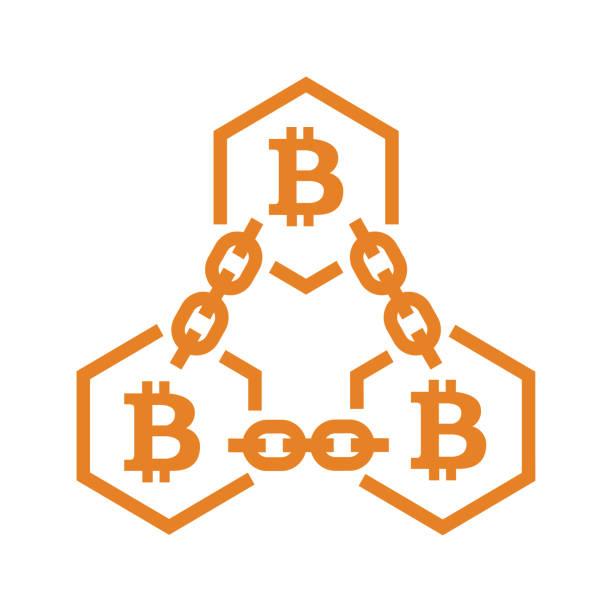As the metaverse continues to evolve, so does the complexity of its virtual economies. At the heart of this digital transformation is Artificial Intelligence (AI), a driving force that's reshaping how virtual economies function. AI plays a pivotal role in enabling metaverse development company to build more sophisticated, user-centric, and economically sustainable virtual environments. From optimizing virtual assets to enabling smarter interactions, AI is truly enhancing the core mechanics of these digital economies.
1️⃣The Role of AI in Optimizing Virtual Economies
One of the most profound impacts of AI in metaverse development is its ability to optimize virtual economies. Virtual economies are often complex ecosystems involving digital assets, currencies, and user-driven markets. AI's ability to analyze vast amounts of data in real-time gives developers valuable insights into user behavior, demand, and trends.
2️⃣AI-Powered User Experience: Personalized Interactions
The metaverse is defined by its users, and to create a compelling experience, personalization is key. AI is crucial for delivering personalized interactions in the metaverse by learning from user behavior and preferences. With AI, avatars, virtual environments, and even in-game narratives can be tailored to each user’s unique preferences.
3️⃣AI in Virtual Asset Creation and Management
Another significant contribution of AI is in the creation and management of virtual assets. AI algorithms can now generate digital assets such as avatars, environments, and virtual goods, making the development process faster and more efficient. These assets can range from digital clothing and accessories to entire virtual landscapes, all tailored to user preferences and market demands.
4️⃣Enhancing Security and Fraud Prevention in Virtual Economies
As the value of virtual economies grows, so does the risk of fraud and security breaches. AI is playing a crucial role in safeguarding these digital ecosystems. AI-driven fraud detection systems are capable of identifying suspicious behavior and flagging potential threats in real-time. By continuously monitoring user activity, these systems can detect anomalies such as money laundering, hacking, or unauthorized transactions.
5️⃣AI and the Future of Virtual Governance
AI can streamline virtual governance by automating the enforcement of rules and regulations within the virtual environment. For example, AI moderation systems can automatically detect and remove inappropriate content, ensuring a safe and inclusive virtual space for all users. Additionally, AI can help enforce economic regulations, such as preventing market manipulation or unfair trade practices.
6️⃣AI and the Expansion of Virtual Jobs
AI is not only enhancing virtual economies but also creating new opportunities for virtual employment. As metaverse ecosystems grow, so does the demand for virtual job roles, many of which are powered by AI technologies.
AI-driven platforms can also help metaverse development companies identify talent and match users with job opportunities based on their skills and experience. By leveraging AI, virtual economies can become self-sustaining, with a thriving labor market that supports both digital and real-world income streams.
Conclusion🎯
In conclusion, AI is playing an essential role in the development and enhancement of virtual economies within the metaverse. From optimizing asset creation to personalizing user experiences and enhancing security, AI is at the core of metaverse innovation. As metaverse development company continue to explore the potential of AI, we can expect to see even more sophisticated, secure, and inclusive virtual economies that benefit both developers and users alike.




